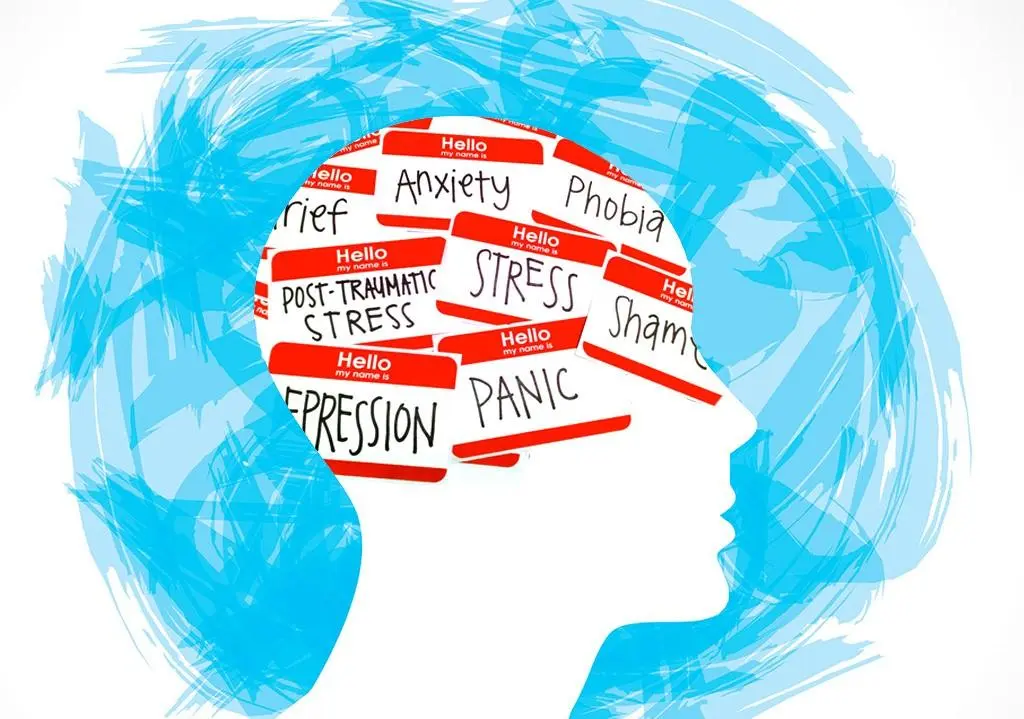In this society there are “girl things” and “boy things”. Many say that’s stupid (because it is). But let’s face it: just because it’s stupid doesn’t mean it’s untrue. Obviously gender itself doesn’t influence how people act or what they want to wear. But how people view gender, and how they portray it, greatly impacts people’s personalities and hobbies and so many other aspects of life. The way kids are raised by adults, books, television, and pretty much any other influential resource you can think of, changes how gender is seen and thought about.
Stereotypes cannot accurately be applied to whole groups of people, but with gender stereotypes, to be honest, many are true for a surprising amount of people in that group. That’s not because they are true and that if someone’s a boy he’ll like sports because that’s just how the world works; stereotypes and what’s “normal” change what people strive to be like around others. People want friends, and they want others to like and respect them. They think that being “normal” will make this happen. So they go with the stereotypes even if it’s not actually who they are, and that becomes habit. Eventually, it turns into who they are.
Sadly not that long ago, gender completely divided people. Everyone had to be a certain way, and enough people complied with that that it became the norm. Once women were able to work and vote and wear “men’s clothes”, one would expect that all of this would change. But the stereotypes were adjusted to the new time, and people assumed that boys were rough and loud and girls were weak and giggly. Not only has that become the default image, it has become one of the only things society can imagine others to be. For example, I don’t fit into many of the stereotypes of girls even though I am one. That leads others to be unsure about whether I am a girl at all, and often they use they/them pronouns for me, or ask what my pronouns are, while they don’t treat girls that way when they fit into the predetermined image of “female”. Through time these expectations stayed, and they continue to this day. People move toward the stereotypes because they are a clear way for them to be, and an easy way to make friends.
To me, it seems like because of stereotypes, when people are in middle school and below, girls are more free to do things and have more traditionally “boyish” hobbies than boys are to be at all “girly”. For example, if a girl likes playing sports that’s fine, and she can still find really good friends, whereas if a boy wore a dress to school a lot, people would think he was weird and maybe even think it was a joke. It seems to also be easier for someone viewed as a girl to come out as non-binary and keep their friends just as close than it is for people viewed as boys (not that it’s at all easy). I think this whole structure changes as one gets older, with men being free to work the jobs they want and being thought of as really good at their professions while women have to work a lot harder to gain respect.
People adhere to stereotypes because they are what folks view as “normal”, and it’s how kids are raised to be. It’s also often harder to find activities or products that contradict these stereotypes, such as sports programs for girls, and that can restrict people to society’s idea of who they should be. This is changing, but it’s not changing fast enough. Everyone should have all the freedom to be who they are and not be pressured to fit into the often ridiculous expectations of their gender.


